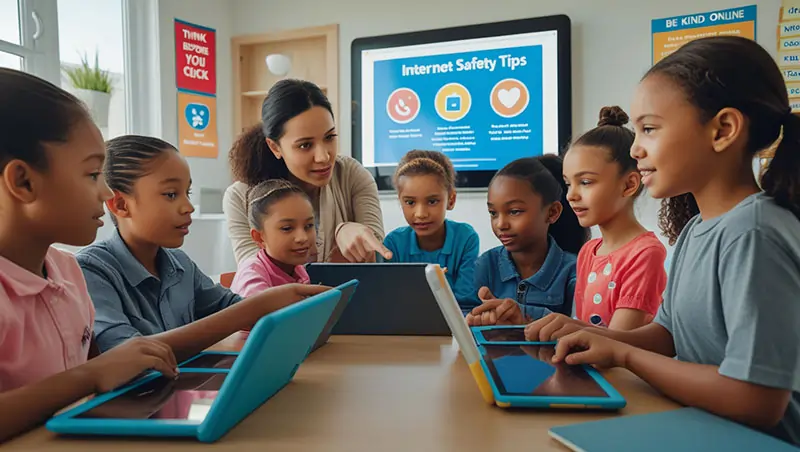Delphian School: Is Your Child Ready for a Home Away From Home
Private school enrollment is on the rise, according to Education Week. In 2022, almost 12% of American students attended private school, while about 84% attended public school and the remainder were homeschooled or not regularly enrolled.
“Those figures represent a small but notable shift that’s taken place in recent years,” Education Week’s Mark Lieberman says. “A decade earlier, in 2012, the share of public school students was 86.3 percent, and the share of private school students was 10.6 percent.”
The trend is not surprising to independent schools like Delphian School, whose rural Oregon campus serves students from Pre-K through high school in residential and day-school formats.
Delphian “is a very special school that helps students learn and practice skills that will enable them to overcome any obstacle life throws,” it says on its website. “It is also a school that lets students pursue their interests and accumulate as much knowledge on specific subjects as they can possibly have.”
As you consider whether to enroll your child in a school close to your home or choose a residential (“boarding”) option a bit farther away, here’s what administrators at schools like Delphian advise you to consider. Remember, there’s no “wrong answer” — only what’s best for your family.
How Your Child Gets Along With Others
Some children thrive in social learning environments. Others prefer one-on-one or small-group instruction. Zooming out, children exhibit a wide range of social preferences, which of course change over time as they mature.
It’s not always true that students do better in residential school settings when they are more comfortable in social environments. However, the transition may be more difficult for introverted students or those accustomed to hands-on support at home.
The Types of Learning Environments Your Child Thrives In
Residential schools like Delphian tend to offer a broader set of learning environments and opportunities, on- and off-campus. If your student thrives when exposed to a variety of experiences in both academic and extracurricular settings, they may prefer such a place to a more traditional day school.
However, it’s important not to make too many assumptions before visiting a school in person. Every residential school (and day school, for that matter) is different.
Your Child’s Overall Maturity Level
This is another way of asking whether your child is “ready” for a residential school environment. It’s a tricky question to answer because it can be challenging to get the proper distance from the subject — the child you know and love.
Free, publicly available tools can help assess your child’s “learning maturity” level in an objective, evidence-based way. For example, the Center for Homeschooling has a detailed, five-level assessment that ranges from Lifelong Learner (Level 5) to Resistant (Level 1).
A lower score doesn’t mean that your child isn’t ready to live outside your home as they learn, only that they may require more support as they do.
How Your Child Responds to Self-Directed Learning Approaches
Residential schools may offer more innovative curricula than day schools, particularly public day schools. For example, Delphian is known for a student-led learning approach that supports young people as they pursue and master each topic. Many parents find this approach appealing, and quite a few students agree.
Your Ability to Support Your Child From Afar
No parent relishes the thought of leaving their young one in the care of others, far from home. Modern technology makes it easy to stay in touch, of course, but that’s still no replacement for in-person interaction. Consider how you and your child will respond to this change and whether you’re both ready for it.
The Choice Is Yours
The choice of where to send your child to complete his or her pre-collegiate education is a very important one indeed.
Perhaps you’ll choose your hometown or neighborhood public school. Maybe, instead, you’ll select an independent institution like Delphian.
Just remember that this is certainly not a decision to make in haste, nor in response to peer pressure or any other externalities. Take your time and know that the choice is yours and yours alone.



